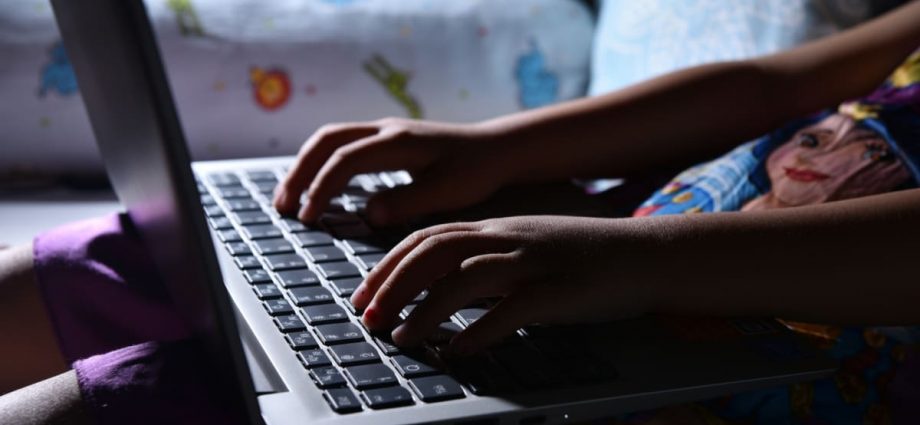
CODE OF PRACTICE
The proposed Bill will introduce a new part to the Broadcasting Act to regulate online communication services accessible in Singapore, which can be provided from within or outside the country.
MCI said that its regulatory approach consisted of two key parts: Requiring the regulated online communication services to comply with a code of practice, and dealing with egregious content.
The proposed code of practice covers the systems or processes that regulated service providers need to establish and apply to prevent people in Singapore, especially children, from accessing content that presents “a material risk of significant harm”.
The regulated service providers would also be expected to “mitigate and manage the risks of danger” from content on their services.
To that end, the code could provide practical guidance on what content presents a material risk of significant harm to users of these online communication services.
The code of practice could also lay out the procedures that regulated service providers must follow. These include audits, reporting to IMDA on the measures they have implemented, and conducting risk assessments.
The code could also require regulated service providers to collaborate with research studies conducted by experts approved by IMDA, aimed at improving understanding of the systemic risks in the service providers.
SOCIAL MEDIA SERVICES
Social media services are one type of online communication services that will be specified in a new schedule under the Broadcasting Act.
Under MCI’s draft code of practice for online safety, social media services will be expected to put in place system-wide measures to minimise users’ exposure to harmful content and give them tools to manage their own safety.
Categories of harmful content include sexual content, violent content, suicide and self-harm content, cyberbullying content, content endangering public health and content facilitating vice and organised crime.
“In particular, social media services must take additional steps to minimise children’s exposure to inappropriate content and provide tools that allow children or their parents to manage their safety on these services,” said the ministry.
They must minimise exposure through measures such as having a set of community guidelines and standards, and content moderation.
“Users should be empowered to manage their own safety on the services by having access to tools such as those that may hide harmful content or reduce the visibility of their own profile to other users,” said MCI.
They should also have access to safety information, including Singapore-based safety resources.
Other key outcomes include an “easy-to-use mechanism” for users to report harmful content and unwanted interactions, and transparency about how well the services are protecting users in Singapore, said MCI.
Failure to comply with an applicable code of practice may result in IMDA ordering a financial penalty or a direction to take steps to remedy the failure.
Non-compliance with the direction to remedy the failure could be an offence, punishable with a fine upon conviction.
MEASURES AGAINST EGREGIOUS CONTENT
The proposed Bill will also allow IMDA to deal with egregious content by issuing three types of directions:
- A direction issued to an online communication service provider to disable access by users in Singapore to the content on its service
- A direction issued to an online communication service provider to ensure that a specified account (such as a social media account, group or channel) that is communicating the egregious content cannot continue communicating to users in Singapore
- A direction issued to the Internet access service provider to block access by users in Singapore to the non-compliant online communication service
Under the proposed Bill, the IMDA cannot issue these directions in respect of private communications. Failure to comply with the directions could be an offence, punishable with a fine on conviction.
Appeals against the directions can be made to the Minister for Communications and Information.
“In light of the fast-evolving nature of harmful online content, the Bill and the proposed code of practice for online safety are important steps towards creating a safer online space for Singapore users, particularly children,” said MCI.
Parliament will debate the Bill at its second reading, slated for November.

